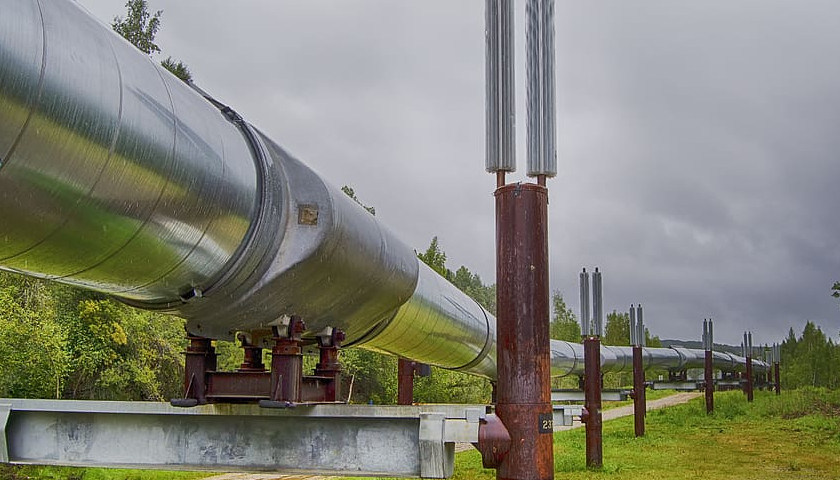by Bruce Walker
U.S. Department of Interior (DOI) activities supported a total of 7,590 jobs, $645 million in value added and $1.1 billion in economic output in Michigan in 2019.
That’s according to a DOI report issued Monday. The DOI’s Economic Report for Fiscal Year 2019 measures the department’s economic contributions through its management of federal lands and waters as well as investments in conservation and natural landscapes efforts as well as contributions to preserve the nation’s cultural heritage.
According to the report, DOI management in the state generated significant economic and employment benefits in five categories, which include Energy & Minerals; Grants & Payments; Grazing & Timber; Payroll; and Recreation. Energy & Minerals accounted for $547 million in economic output; Grants & Payments generated $174 million; and Recreation stimulated $376 million in the state; Payroll and Grazing, respectively, generated $41.3 million and $22,000.
All told, according to the DOI, their work sparked private sector activities to generate $336 billion in economic output and the support of 1.9 million jobs nationwide. DOI activities facilitated include conventional and renewable energy, recreation, non-fuel minerals, irrigation.
“The Trump Administration agenda for public lands management has been a major boon for communities throughout the country,” DOI Secretary David Bernhardt said in a statement. “Especially this year, public lands have been a critical place of refuge for the American people and will continue to support the economic vitality of our country.”
According to the report, DOI-managed resources in 2019 produced 1.06 billion barrels of crude oil, 4.8 trillion cubic feet of natural gas, and 317 million tons of coal. The department notes fiscal year 2019 was the first year DOI-managed leases surpassed 1 billion barrels, which is one reason the United States has risen to be the world’s top producer of crude oil and dry natural gas. Production of oil, gas and coal on Interior lands and waters generated nearly $156 billion in economic output while creating approximately 665,000 jobs.
One-fifth of the nation’s energy supply came from Interior-managed lands and waters.
Additionally, energy production on federal and indigenous American-owned lands and offshore areas resulted in approximately $12 billion in revenues. The DOI reports this is nearly double the revenues generated in 2016.
The DOI disburses energy lease revenues locally, where the monies fund schools, public services, conservation improvements, coastal restoration and infrastructure projects.
DOI oversight of national parks, refuges, campgrounds and other public land sites generated $60.6 billion in fiscal year 2019 economic output as well as supported 469,000 jobs, said the report.
– – –
Bruce Walker is a regional editor at The Center Square. He previously worked as editor at the Mackinac Center for Public Policy’s MichiganScience magazine and The Heartland Institute’s InfoTech & Telecom News.





